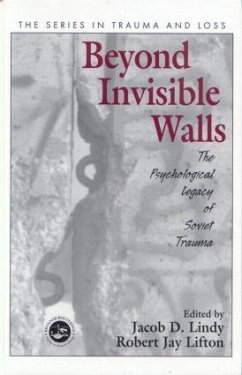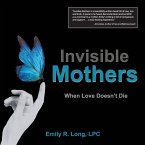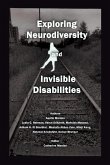Edited by two significant contributors to the trauma literature, this book examines the long-lasting personal and multigenerational imprint of Soviet trauma and the ongoing stresses of life after Communism, and promises to be a classic work of value for years to come. Through the voices of East European clinicians from six countries, we learn of their professional lives under traumatic conditions and of their clients' lives, under similar conditions. The clinicians share case studies of clients ranging in age from childhood to late adulthood. Through the course of treatment, the psychopathologies resulting from living under oppressive conditions became clear. These effects are so powerfully widespread that the clinicians themselves discover that in order to treat their clients they must also explore and understand their own traumatic past. First-person narratives are interspersed with psychological theory and techniques, providing a full, rich understanding of the experience. Newly sensitized by international terrorism, we are now more aware than ever of the impact of a pervasively traumatic climate. Studying trauma in the Soviet era, has much to teach us regarding the fears of today. This book will be of interest to psychologists, historians, social psychologists, readers in political science, and mental health professionals at all levels, particularly those who work with individuals who have suffered trauma from political oppression or genocide.
Hinweis: Dieser Artikel kann nur an eine deutsche Lieferadresse ausgeliefert werden.
Hinweis: Dieser Artikel kann nur an eine deutsche Lieferadresse ausgeliefert werden.








